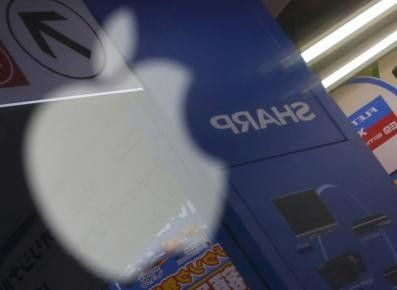No More Toxic Chemicals In Apple's Factory

According to the latest reports, technology giant Apple has banned the use of two potentially toxic chemicals benzene and n-hexane in its factory.The chemicals were used extensively in the production of iPhones and iPads.
The decision was taken amidst protection from two main activist groups - China Labour Watch and Green America. The protests were on for past few days calling the management of Apple to stop using mentioned toxic chemicals in the assembly line.
Apple conducted an investigation in its 22 factories across China. The presence of these chemicals was found only in four factories and that too within the safe level.
Still to rule out any harmful effects, the tech giant took the big step and banned the use of benzene and n-hexane altogether in the production of its products. It has also ordered to check all chemicals for the trace of these ingredients before using them for any purpose.
The new move is cheered by activists around the world as both of these chemicals have irreversible and extreme effects on the human body. Benzene is a proven carcinogen and causes leukemia.
Long term exposure to benzene may affect bone marrow and blood production while short term exposure to high levels can cause drowsiness, dizziness and even death. N-hexane, if inhaled accidentally, causes nerve damage and paralysis in arms and legs. It is widely used as substance abuse and should be eliminated from every production factory.
Apple has once again proved the world that it is a sensitive organisation. It has worker's health and environment concerns as its top most priority.
In its effort towards the use of green materials, Apple also developed power cords without including PVC, displays without mercury and enclosures without flame retardants.
Apple is always in radar of Chinese watchdogs after the incidence of 2009 where 137 workers were exposed to n-hexane. They later complained about their poor health and wanted Apple to take responsibility for their treatment.
Apple has been working to improve labour conditions throughout its supply chain. Experts still feel that more work needs to be done, including raising workers' pay and better safety regulations over the working conditions in factories.




















